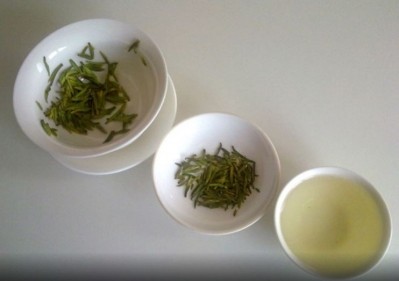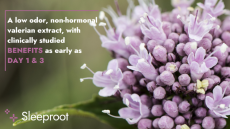Unilever’s black tea circulation claim rejected by EFSA

The ruling is a setback to the food giant’s plans for the beverage sector. Last year Unilever became the new owners of the UK-based organic herbal tea business Pukka.
Pukka joins high-end Australian tea company T2, purchased in 2013, along with PG Tips and Pure Leaf in the firm’s portfolio of beverage brands.
Unilever claimed that black tea, either freshly prepared or reconstituted from water extract powders of black tea, with a flavanol content of more than 30 milligrams per 200 millilitres (mg/mL) was enough to ‘maintain normal ED vasodilation’ in the adult general population.
EFSA countered with the argument that ‘a cause and effect relationship has not been established between the consumption of black tea and maintenance of normal ED vasodilation.’
EFSA and tea don’t blend well
Tea has been at the centre of a number of health claims most notably those related to green tea (Camellia sinensis) that focuses on the catechins in the green tea.
In this instance EFSA also rejected a cause and effect relationship between the consumption of catechins (including EGCG) in green tea and improvement of endothelium-dependent vasodilation.
Such is the similarity in nutrient profile for both in green and black teas, EFSA requested clarification on whether this latest claim referred to tea flavanols (including catechins, theaflavins and thearubigins), to a fixed combination of catechins and theaflavins.
This referred to tea or to tea beverages made from the green tea leaves that were characterised by their catechins and theaflavin content.
Unilever replied that the subject of the claim was black tea beverages, either freshly prepared or reconstituted from water extract powders of black tea, characterised by the content of flavanols (expressed as catechins plus theaflavins) of at least 30 mg per 200 mL serving.
Short and sweet process
The health claim application made in accordance with Article 13(5) of Regulation (EC) No 1924/2006 was a relatively short process that began on May of last year.
The Working Group on Claims of the NDA Panel requested further information in September from Unilever, with a final decision made in December based on the accompanying scientific evidence.
Had Unilever been successful, the corporation would’ve joined Tetley in making available functional teas that were accompanied by a set of proven health benefits.
It’s range of ‘super green teas’ became the first in the UK to receive support by EFSA, who had backed the product and its benefits to the immune system to help reduce tiredness and fatigue.













